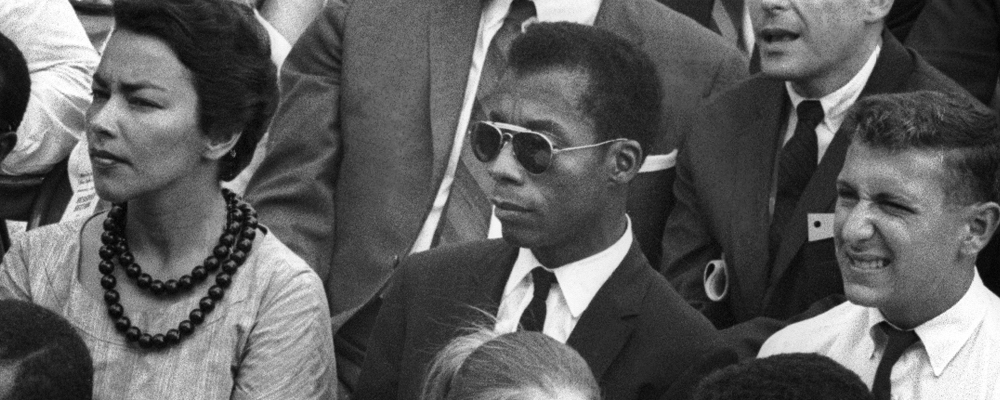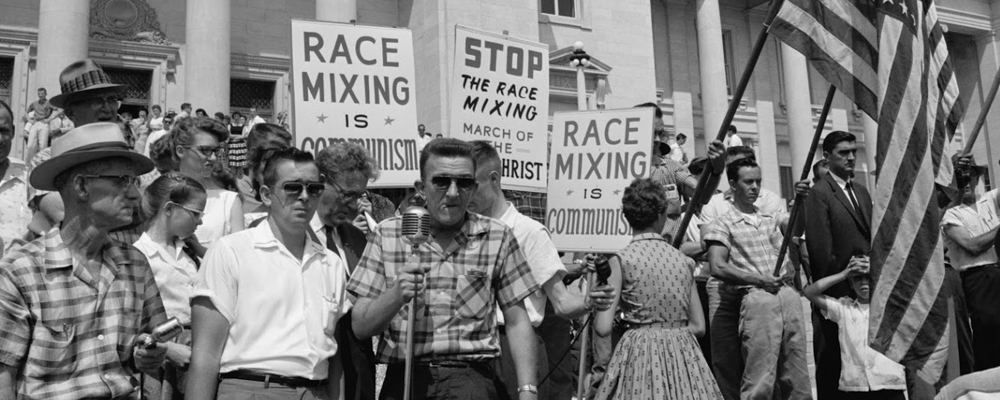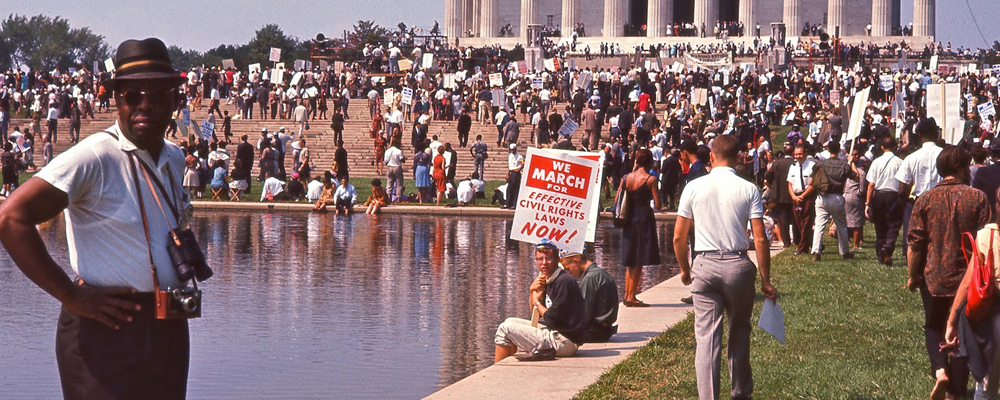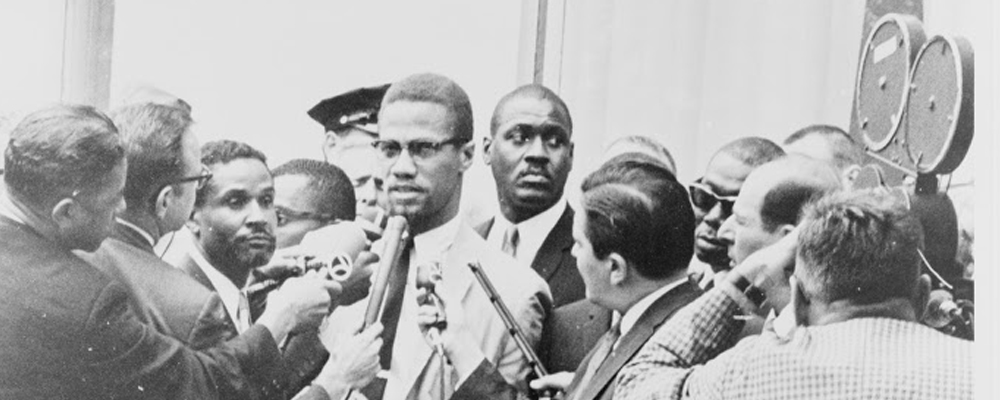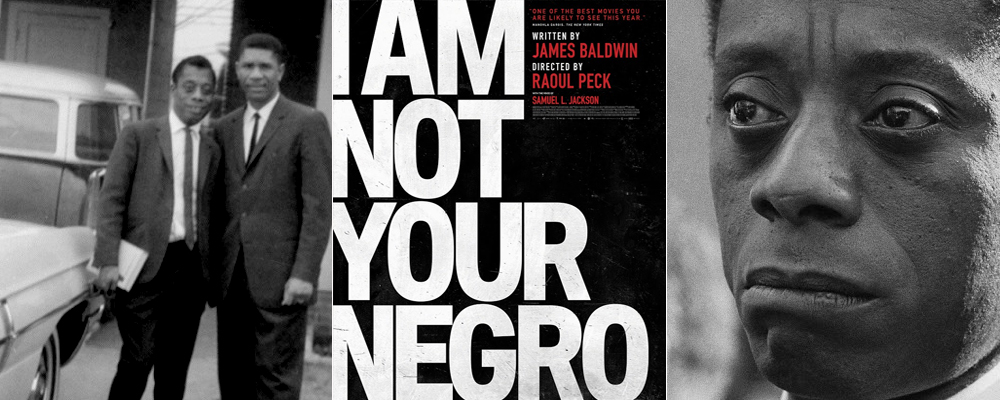Raoul Peck Exposes a Racially Divided America In Defiant ‘I Am Not Your Negro’
Allyson Gronowitz
It feels trite to say that there is nothing new being made, but Raoul Peck’s searing documentary “I Am Not Your Negro” hammers home this truism with fierce dignity and defiance. Reflecting on the ongoing history of racial inequality in America through the prescient words of James Baldwin, “I Am Not Your Negro” is by far one of the most important and powerful films of the year.
An influential essayist, poet and social critic, James Baldwin continues to dominate as much of the conversation about race in America 30 years after his death, as he did in the 20th century. For the Haitian-born Peck, Baldwin’s clear-eyed, intellectually stimulating works expressed a profound truth about his existence as a black man that he was not able to find anywhere else in the white dominated cultural landscape. With “I Am Not Your Negro,” Peck envisions Baldwin’s final, unfinished project. It is an intimate, profound meditation on Baldwin’s own life through the lives and deaths of his three close friends – civil rights activists Medgar Evers, Malcolm X and Martin Luther King, Jr. “I want these three lives to bang against and reveal each other,” Baldwin writes. Indeed they do, thanks to Baldwin’s mesmerizing prose (narrated by a booming Samuel L. Jackson) and Peck’s deft filmmaking.
“I Am Not Your Negro” also moves beyond the ideologies of the three activists. Peck splices together historical photographs, movie clips, racist advertisements and newsreels of current events in order to create a kaleidoscope of the black experience in America. He uses Baldwin’s own writing from his essays, books, speeches and interviews to highlight the significance of each scene throughout the film.
Peck features Baldwin’s personal views on multiple cultural milestones, including his controversial criticism of “Uncle Tom’s Cabin” and his eye-opening interpretation of the racially divided reaction to the 1958 film, “The Defiant Ones.” “Uncle Tom would not take vengeance into his own hands. He was not a hero for me,” said Baldwin.
In “The Defiant Ones,” the African-American character played by the iconic Sidney Poitier risks his life to save his white companion “in order to reassure white people that they are not hated.” The film also includes Baldwin’s somber revelation that a white female friend of his would be safer walking the streets of New York City alone at night, than with a black man.
Peck boldly aligns Baldwin’s words with contemporary clips of race-related brutality, showing just how little has changed over the years. He overlaps footage of the 2014 Ferguson riots with a 1963 interview of Baldwin. “I’m terrified of the moral apathy, the death of the heart which is happening in my country,” said Baldwin.
Baldwin speaks of the weariness of Evers, as portraits of African-American children killed by white gun violence flash on screen. Even the triumph of Barack Obama’s inauguration of becoming the first black President of the United States is made to feel like a fleeting victory.
Throughout “I Am Not Your Negro,” Peck successfully captures Baldwin’s thoughtful ambivalence towards his home country. Baldwin describes the United States as, “a complex country that insists on being very narrow-minded.” Peck brilliantly and evocatively weaves clips of blissful white Americans with images of violence against blacks and episodes of institutional racism to Baldwin’s damning voice. “The story of the Negro in America is the story of America,” said Baldwin. “And it is not a pretty story.”
“I Am Not Your Negro” is not a pretty story, but it is not without hope. Using Baldwin’s thoughtful and passionate words, Peck’s film paints a stark landscape, but it also serves as a clarion call to action – one that all of America must heed.
“I Am Not Your Negro” opens in theaters in New York and Los Angeles on Feb. 3.

